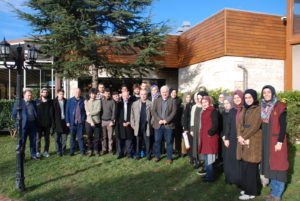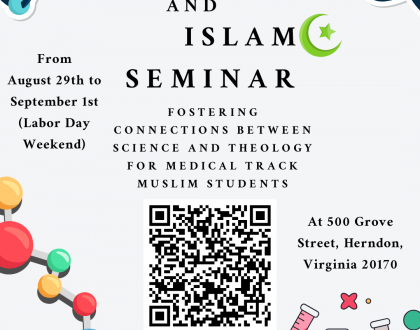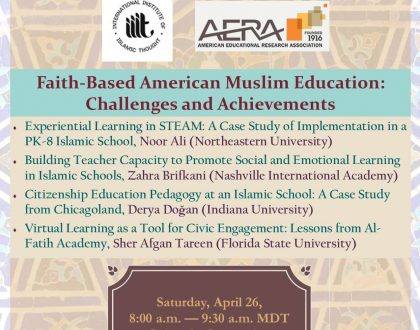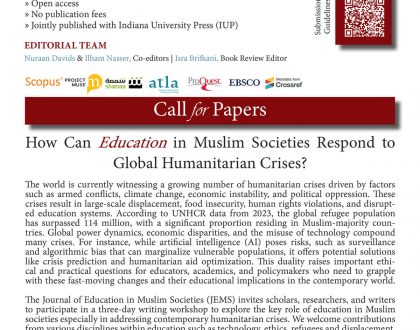IIIT-MAHYA WINTER SCHOOL, ISTANBUL 2019

ISLAMIC SCIENCES: PAST AND FUTURE PERSPECTIVE
27 JANUARY – 1 FEBRUARY 2019
Istanbul, Turkey
The winter school “Islamic Sciences: Past and Future Perspective” took place in the Sile district of Istanbul on the coast of the Black Sea. The highly successful program is organized through the collaboration of IIIT-UK and MAHYA. Distinguished professors of Islamic Studies in Turkey delivered their talks in diverse fields of jurisprudence, law, political theory, and sociology. Thirty students, mostly undergraduates from various academic disciplines of Islamic theology, social sciences, medical studies, information technologies, and finance from leading universities including Bilgi, Bilkent, Bogazici, Atatürk, Kocaeli, Marmara, Istanbul, ODTU, and İstanbul Sabahattin Zaim Universities, were chosen from a long list of applicants for this year. Participants undertook intensive multi-disciplinary training on traditional Islamic sciences with modern disciplines and contemporary studies, providing a holistic perspective on Islamic studies for our modern world. This training aimed to introduce participants to diverse and critical approaches to Islamic studies, overcoming the religious-rational binary in the universalist modernist discourse on knowledge.
After the course finished, the participants were asked for their opinion and some of the sample responses can be seen below:
“A welcoming environment. We were able to effectively touch upon very important issues in a short period of time. I think I have learned a lot of things and benefited immensely. I wish for the continuation of this program in the future.”
“I think the program was effective in including both Islamic studies and social sciences. In particular, to be able to create a plan in which different academics from the alternate point of views would be given platforms has been especially valuable to show the importance of different perspectives. The program was not designed to lead us to a particular answer, but to demonstrate possible ways to understand the current issues we face today.”
Recommended Posts

Exploring Bioscience & Islam Seminar Series
May 21, 2025

IIIT at AERA 2025 Annual Meeting
April 14, 2025

JEMS – Call for papers
April 11, 2025
